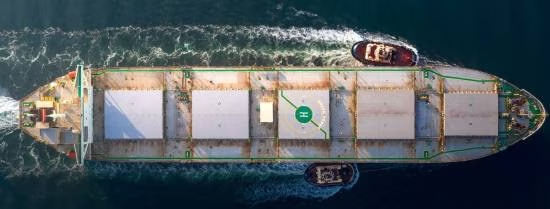The RSM elective course Introduction to Commodity Trade & Supply Networks, which is a part of the RSM MSc Supply Chain Management, serves as an introduction to the world of physical commodity trading. The course covers topics from the mechanics of commodities trade such as trading, risk management, finance, shipping, and the dynamics that shape the future of the industry.
Commodities are critical for the global economy as they literally power the world, feed the planet and provide the essential inputs for consumer goods and household appliances that make our lives more comfortable. Commodity trading involves the transformation of commodities in time (through storage), space (through transport) and form (through processing). Commodity trading firms such as Vitol, Trafigura and Cargill are, for a large part, responsible for the supply and delivery of commodities to their clients, often large manufacturing firms. In these deliveries they take on (and offset) various forms of risks, such as price volatility, geopolitics, the weather, foreign currency exchange and delays in delivery, for their clients. Commodity trading thus involves highly dynamic information-intensive tasks and capabilities in the field of logistics, finance and technology.
The value of the world’s traded commodities is estimated to be around US$ 6 trillion annually. The course covers how supply chains of physical commodities are managed by various trading firms and how these trading firms are capable of securing delivery to clients under volatile and risky conditions. There is no better place to study this than in Rotterdam: Europe’s gateway for the global trade in physical commodities. Rotterdam forms the heart of the Amsterdam-Rotterdam-Antwerp (ARA) region, a global price reference point for crude oil, regional reference point for natural gas, and geographical benchmark in many commodity delivery contracts and freight prices. Commodity traders use the Port of Rotterdam to ship commodities to global markets. Many also have logistical assets such as tank storage and warehouses, and processing operations such as refineries in the port, in addition to the trade desks, supply chain support functions, head offices or holdings in the city.
Contact

Reinette Sluijk
Programme manager
- Email address
- sluijk@ese.eur.nl
- Phone
- tel:+31 (0)10 408 2679
